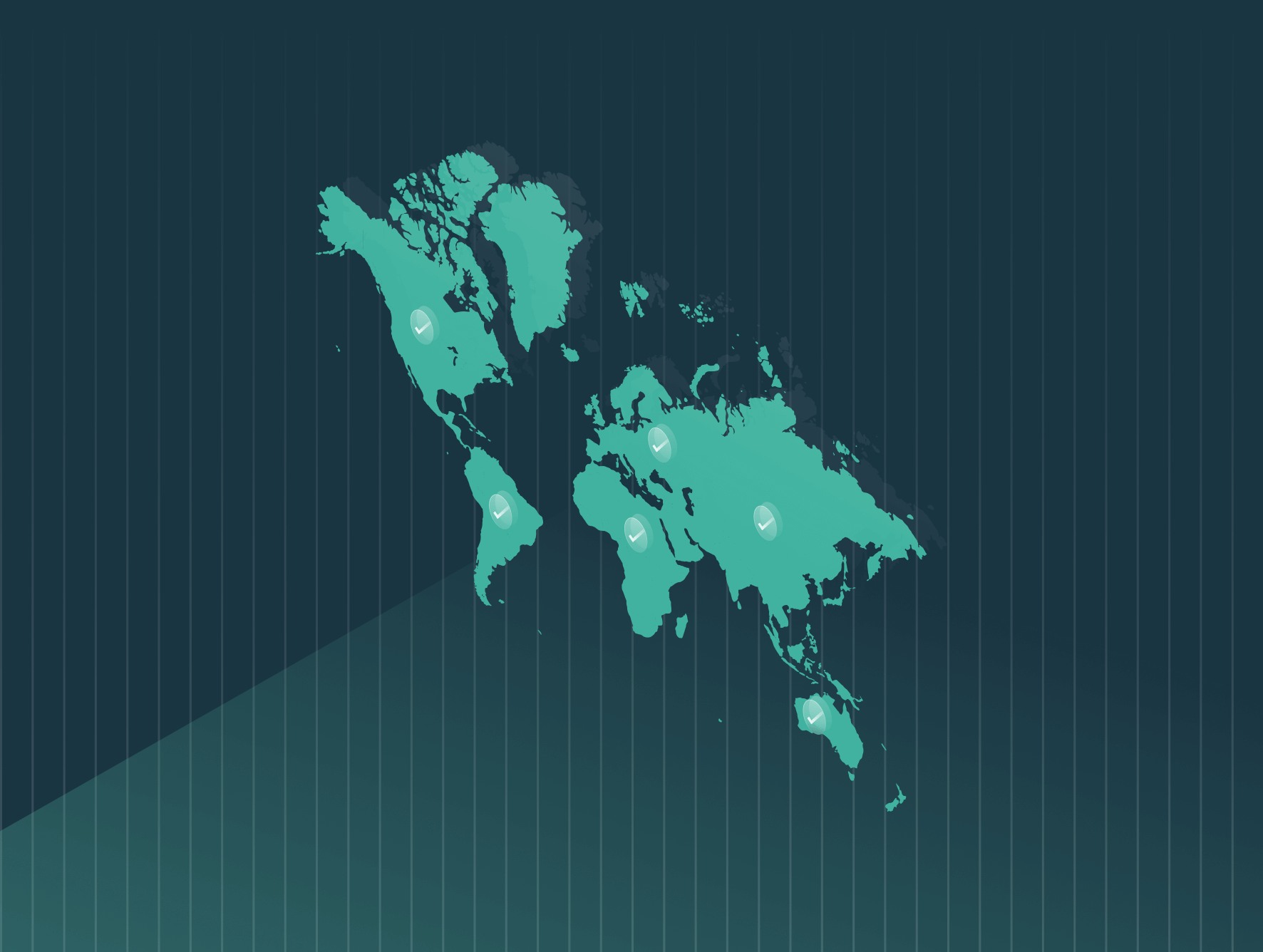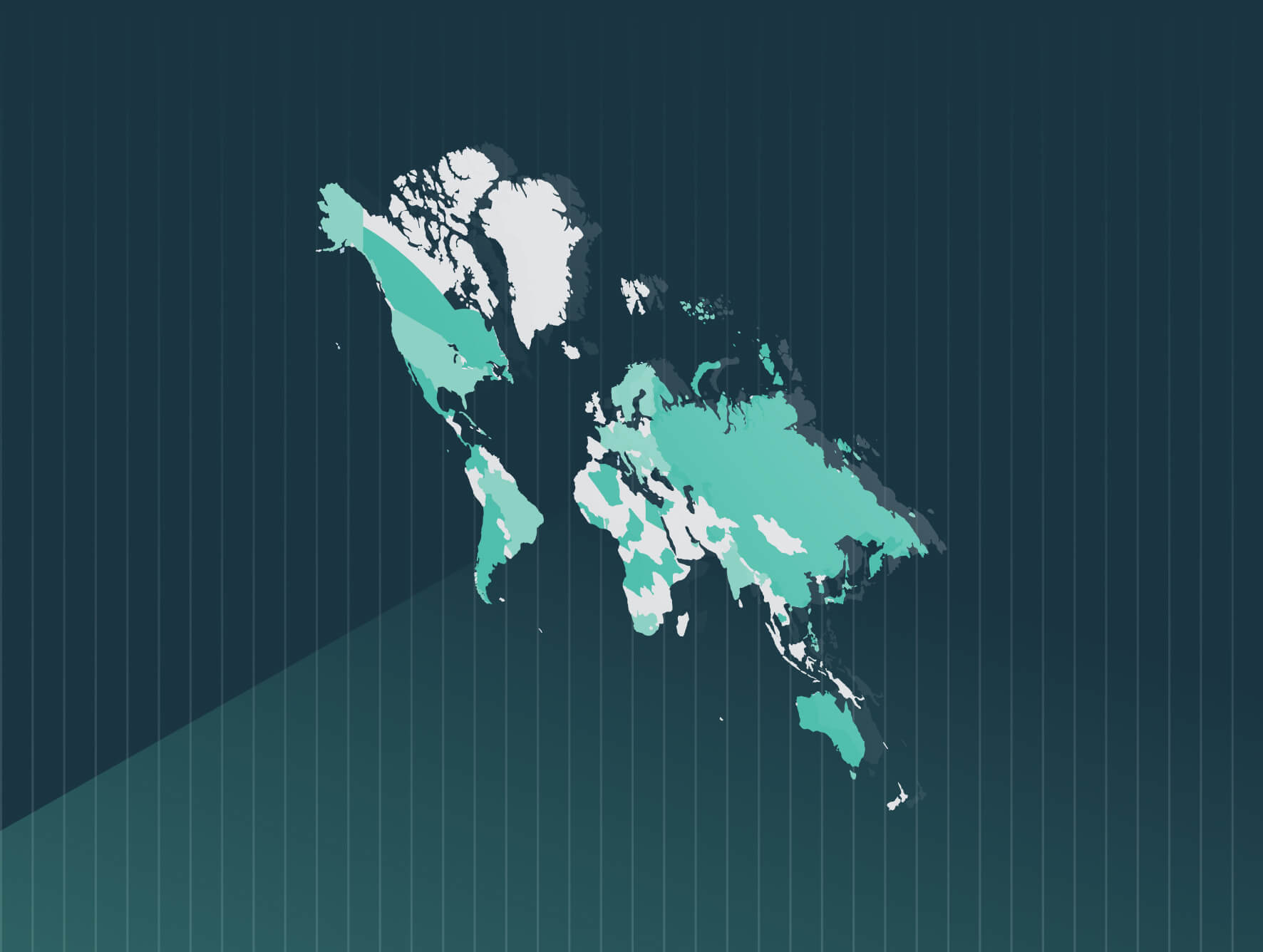Dr. Martin Luther King, Jr., was born on January 15, 1929. He was assassinated on April 4, 1968. That same year—only four days after his assassination—an effort was launched to create a national holiday honoring King’s legacy—although that legislation didn’t pass until 1983, with the first observance of the date not taking place until 1986. Even then, several states continued to hold out on recognizing the holiday.
Today, though, after the long battle to recognize a great man, the day is widely recognized and commemorated with various types of events.
This year, Martin Luther King Day, a US federal holiday that honors the revered civil rights leader will fall on his birthday. It’s traditionally celebrated on the third Monday of January. The holiday commemorates Dr. King’s life and work as both a Baptist minister and a prominent leader in the American Civil Rights movement.
Dr. Martin Luther King, Jr.’s Legacy
Dr. King was an influential man, an expert orator, and a passionate advocate for equal rights. His iconic “I Have a Dream” speech was delivered on August 28, 1963, on the steps of the Lincoln Memorial in Washington, D.C., before a crowd of 250,000 people in D.C. to march for civil rights. Its powerful message: “I have a dream that one day this nation will rise up and live out the true meaning of its creed: ‘We hold these truths to be self-evident; that all men are created equal’.” King made his dream personal by referencing his four children—”I have a dream that my four little children will one day live in a nation where they will not be judged by the color of their skin but by the content of their character.”
His speech—and his dream—resonated with those in attendance that day and continues to resonate, not just on the third Monday of January, but all year long. Unfortunately, it’s a dream that has yet to be fully achieved.
Still, millions take time to celebrate the day and honor King’s memory. His powerful influence and impact have not diminished even more than half a century after his tragic passing.
How To Celebrate
People celebrate Martin Luther King Day by attending events, engaging in community service, educating themselves about civil rights, reflecting on social justice, and spreading awareness. Related events include commemorations of the Civil Rights Movement, volunteer opportunities, educational programs, community dialogues, art and cultural performances, civil rights tours, interfaith services, and community outreach initiatives. These activities promote Dr. King’s ideals of equality and social justice.
Within organizations there are a number of ways to celebrate Martin Luther King Day, inclusively, using it and King’s legacy to reinforce DEI messages and a culture of inclusion. For instance:
- Educate employees. Even though this is a well-known commemoration, the history behind it may not be so well known.
- Promote volunteer service opportunities that align with values of social justice and equality.
- Invest in DEI training to foster a more inclusive environment aligned with King’s values.
- Invite a guest speaker—a historian, civil rights advocate, or DEI expert to provide insights into Dr. King’s life and impact.
- Watch and discuss King’s speeches to broaden understanding and reflect on how his iconic messages can still serve to drive change today.
Martin Luther King Day serves as an important reminder of Dr. King’s leadership in the civil rights movement and his commitment to achieving racial equality through nonviolent means. What steps is your organization taking to boost diversity and a culture of inclusion?
Trusaic uses technology to create an equitable working world by offering comprehensive solutions to maximize compliance and minimize risk across people, data, and compliance. They have unveiled a first-of-its-kind software to drive social responsibility initiatives and help employers achieve pay equity. PayParity®, facilitates employer transparency, identifies pay disparities, and uncovers key insights for fostering a more equitable workforce.








